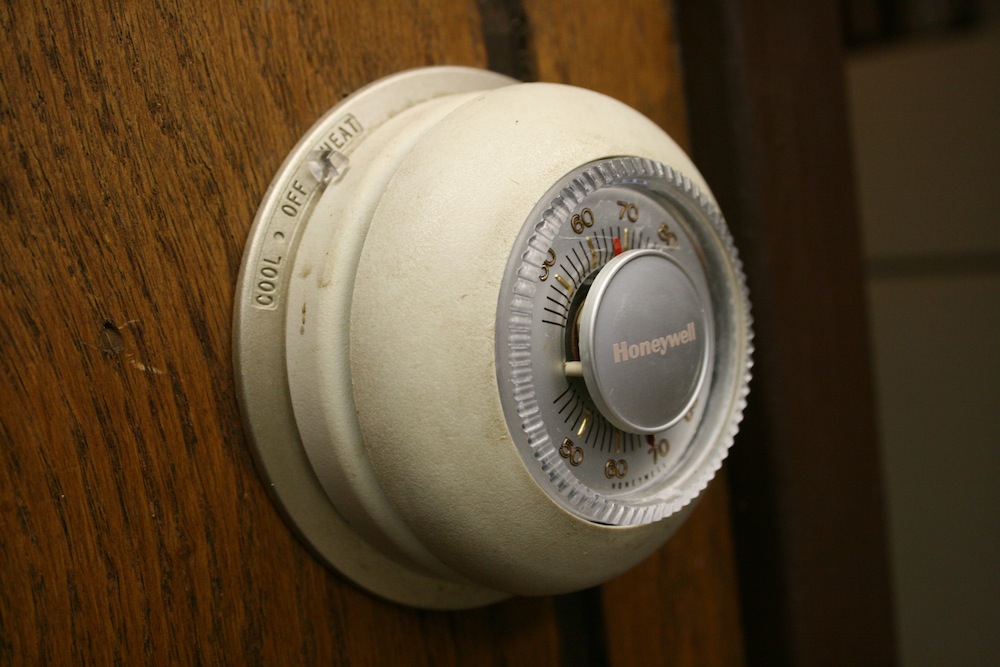Recent research that looks at the method used to determine thermal comfort in ANSI/ASHRAE Standard 55 published in an article, “Energy Consumption in Buildings and Female Thermal Demand,” in Nature Climate Change, misinterpreted data, according to ASHRAE.
“The interpretation of the authors regarding the basis for Standard 55 is not correct,” Bjarne Olesen, Ph.D., a member of the ASHRAE Board of Directors, thermal comfort research and former chair of the Standard 55 committee, said. “The part of the standard they are referring to is the use of the PMV/PPD index. This method is taken from an ISO/EN standard 7730, which has existed since 1982. The basic research for establishing comfort criteria for the indoor environment was made with more than 1,000 subjects with an equal amount of women and men.
“In the main studies, where they did the same sedentary work and wore the same type of clothing, there were no differences between the preferred temperature for men and women. So the researchers’ finding of a lower metabolic rate for females will not influence the recommended temperatures in the existing standards. Also their study is not conclusive. They only studied 16 females at a sedentary activity.
“They should also have studied 16 men at the same activity to be able to compare. The reason why we, in some field studies, find that women prefer higher room temperature than men is attributed to the level of clothing. Women better adapt their clothing to summer conditions while men are still wearing suits and ties. So if the thermostat is set to satisfy the men, the women will complain about being too cold. In the standard, this adaption of clothing to summer is taken into account. So if the standard is followed, the women would be satisfied; but maybe not the men.”
Related Stories
Legislation | Oct 10, 2022
Chicago’s updated building energy code provides incentives for smart HVAC, water appliances
The Chicago City Council recently passed the 2022 Chicago Energy Transformation Code that is intended to align with the city’s goal of reducing carbon emissions by 62% from 2017 levels by 2040.
Contractors | Oct 6, 2022
Modular construction gets boost from impacts of the pandemic
The impact of the Covid pandemic on the construction industry appears to be fueling demand for modular construction methods, especially in the western U.S. and Canada.
Fire and Life Safety | Oct 4, 2022
Fire safety considerations for cantilevered buildings
Bold cantilevered designs are prevalent today, as developers and architects strive to maximize space, views, and natural light in buildings. Cantilevered structures, however, present a host of challenges for building teams, according to José R. Rivera, PE, Associate Principal and Director of Plumbing and Fire Protection with Lilker.
Resiliency | Sep 30, 2022
Designing buildings for wildfire defensibility
Wold Architects and Engineers' Senior Planner Ryan Downs, AIA, talks about how to make structures and communities more fire-resistant.
| Sep 30, 2022
Lab-grown bricks offer potential low-carbon building material
A team of students at the University of Waterloo in Canada have developed a process to grow bricks using bacteria.
| Sep 27, 2022
New Buildings Institute released the Existing Building Decarbonization Code
New Buildings Institute (NBI) has released the Existing Building Decarbonization Code.
| Sep 22, 2022
Gainesville, Fla., ordinance requires Home Energy Score during rental inspections
The city of Gainesville, Florida was recently recognized by the U.S. Dept. of Energy for an adopted ordinance that requires rental housing to receive a Home Energy Score during rental inspections.
| Sep 19, 2022
New York City construction site inspections, enforcement found ‘inadequate’
A new report by the New York State Comptroller found that New York City construction site inspections and regulation enforcement need improvement.
| Sep 16, 2022
Fairfax County, Va., considers impactful code change to reduce flood risk
Fairfax County, Va., in the Washington, D.C., metro region is considering a major code change to reduce the risk from floods.
| Sep 13, 2022
California building codes now allow high-rise mass-timber buildings
California recently enacted new building codes that allow for high-rise mass-timber buildings to be constructed in the state.

















